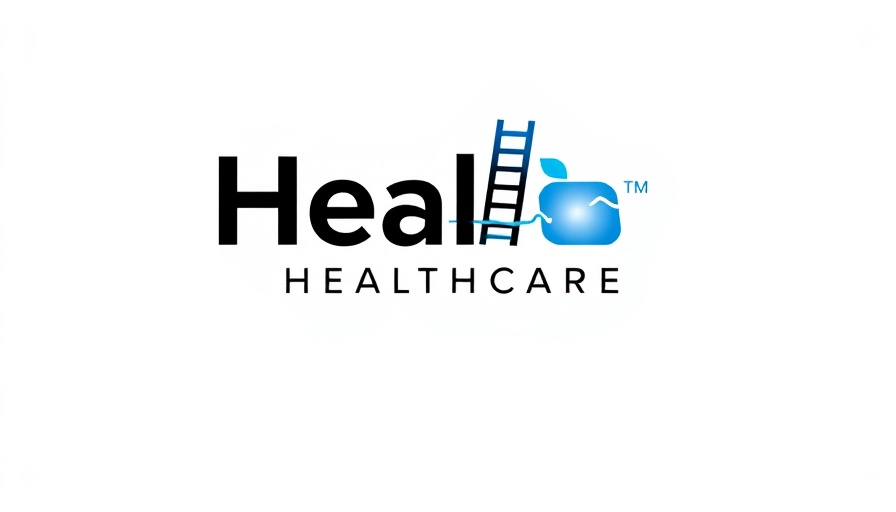
Healthcare's Leadership Landscape: Key Moves This Month
February has ushered in a flurry of executive appointments and departures across the healthcare sector, illustrating the dynamic shifts occurring within this essential industry. As organizations grapple with the ongoing challenges of patient care and technological integration, recent hires and layoffs reflect broader trends and innovations that are transforming healthcare.
Significant New Appointments
Health tech companies are not lagging behind in this reshuffling. Bamboo Health, a leader in healthcare software, recently appointed Ross Armstrong as its chief commercial officer. Armstrong brings extensive experience, having held significant roles at organizations like Biofourmis and Lumeris. Meanwhile, Cascade announced Eve Cunningham as its new chief medical officer. With a background as a practicing OB/GYN and a leadership role at Providence, Cunningham's expertise in virtual care will undoubtedly influence Cadence's approach to patient monitoring.
Promotions Highlighting Internal Talent
In addition to new hires, internal promotions signal a commitment to building leadership from within. Charlotte Haisch was promoted to COO at CommonSpirit Health at Home, demonstrating an investment in seasoned leaders familiar with the organization's values and goals. Furthermore, Watershed Health has named Effie Carlson as its new CEO, emphasizing the importance of strategic continuity.
Critical Exits and Their Implications
The departure of leaders can unsettle employees, but it can also present opportunities for growth and redefinition. Don George, the long-standing CEO of Blue Cross and Blue Shield of Vermont, announced his retirement after over three decades with the company. Such transitions, while potentially disruptive, can also catalyze a reassessment of organizational objectives and inspire renewed commitment among remaining leaders.
Understanding the Impact of Leadership Changes
According to DHR Global’s recent findings, executive transitions can significantly affect employee trust and morale. With many employees questioning their organization's mission post-transition, it becomes vital for companies to manage these changes through clear communication and structured onboarding processes. Transitioning executive roles, while potentially unsettling, can rejuvenate organizational culture and encourage renewed engagement. Ensuring transparency during these times can ultimately strengthen trust and help organizations navigate challenges with greater resilience.
Future Insights on Health Industry Leadership
The healthcare industry is on the brink of significant changes as many CEOs plan transitions into 2025. For instance, Westchester Medical Center's Michael Israel will retire, and his successor David Lubarsky is expected to bring a fresh vision for the future. These shifts not only impact individual organizations but also set a precedent for how healthcare leadership might evolve to meet the demands of tomorrow's patients and technologies.
The recent wave of executive changes underscores the intricate balance between hiring new leadership, promoting existing talent, and managing the consequent shifts in workplace dynamics. Professionals in healthcare, especially in fields like technology and management, should remain informed of these trends as they form the backbone of an increasingly complex healthcare landscape.
Taking Action Together
As healthcare professionals, staying abreast of these changes impacts not just individual careers but also the collective ability to innovate and provide excellent patient care. Engaging with these developments fosters a more robust healthcare system ready to meet future challenges head-on.
 Add Row
Add Row  Add
Add 




Write A Comment